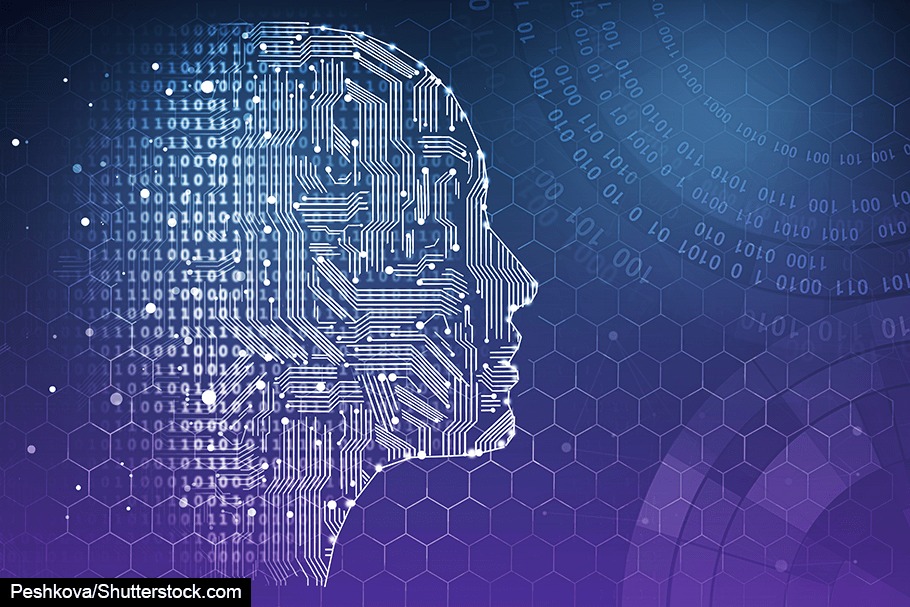Artificial Intelligence (AI) has made remarkable progress in recent years, revolutionizing various industries and aspects of our daily lives. As AI technologies continue to evolve, it is imperative to delve into the ethical considerations surrounding their use and explore the promising future prospects they offer. In this article, we will examine the advancements in AI, the ethical dilemmas they pose, and the potential directions for AI’s future development.
AI Advancements: A Glimpse into the Present
Artificial Intelligence has witnessed significant advancements, thanks to breakthroughs in machine learning, deep learning, and natural language processing. Here are some key areas where AI has made a significant impact:
Healthcare
AI-driven diagnostic tools and predictive analytics are transforming healthcare. These technologies aid in early disease detection, personalized treatment plans, and drug discovery. However, they also raise questions about data privacy and medical ethics.
Autonomous Vehicles
Self-driving cars powered by AI are on the horizon, promising safer and more efficient transportation. Nevertheless, the ethical dilemma arises when determining how AI should make critical decisions in life-or-death situations on the road.
Natural Language Processing
Voice assistants and chatbots are becoming increasingly sophisticated, enhancing user experiences. However, they raise concerns about user data privacy and the potential for manipulation through AI-generated content.
Ethical Considerations in AI
Bias and Fairness
One of the most prominent ethical concerns in AI is bias. AI algorithms can inherit biases present in their training data, resulting in discriminatory outcomes, particularly in areas like hiring, lending, and criminal justice. Efforts are underway to develop fairer AI models and address bias issues.
Privacy and Surveillance
AI’s capability to process vast amounts of data for surveillance purposes is a growing concern. Striking a balance between security needs and individual privacy is crucial, as AI-driven surveillance systems become more prevalent.
Job Displacement
The automation of tasks through AI can lead to job displacement. It raises questions about retraining the workforce and ensuring a just transition for affected employees.
Accountability and Transparency
Determining accountability when AI systems make decisions is challenging. Ensuring transparency in AI algorithms and making them understandable to humans is vital for trust and ethical use.
Future Prospects: Ethical AI Development
As AI continues to advance, ethical considerations must be at the forefront of its development. Here are some potential directions for the future of AI:
Ethical AI Frameworks
Developing standardized frameworks for ethical AI development and deployment can help guide developers and organizations in creating responsible AI systems.
Robust Ethical Training
AI developers and practitioners should receive robust training in ethics to ensure that ethical considerations are integrated into AI system design from the outset.
Collaboration and Regulation
Collaboration between governments, organizations, and researchers is essential to establish regulations and guidelines for AI use, fostering responsible development and deployment.
AI Audits
Periodic audits of AI systems to identify and rectify biases and ethical issues should become standard practice in AI development.
Conclusion
The advancements in artificial intelligence offer immense potential for improving various aspects of our lives. However, these advancements come with ethical considerations that need to be addressed proactively. Striking a balance between AI’s capabilities and ethical standards is critical to harness AI’s full potential while minimizing risks. By embracing ethical AI development practices, fostering collaboration, and implementing robust regulations, we can ensure that AI continues to evolve responsibly and positively impacts society. The future of AI holds promise, provided that we navigate the ethical landscape with care and foresight.

